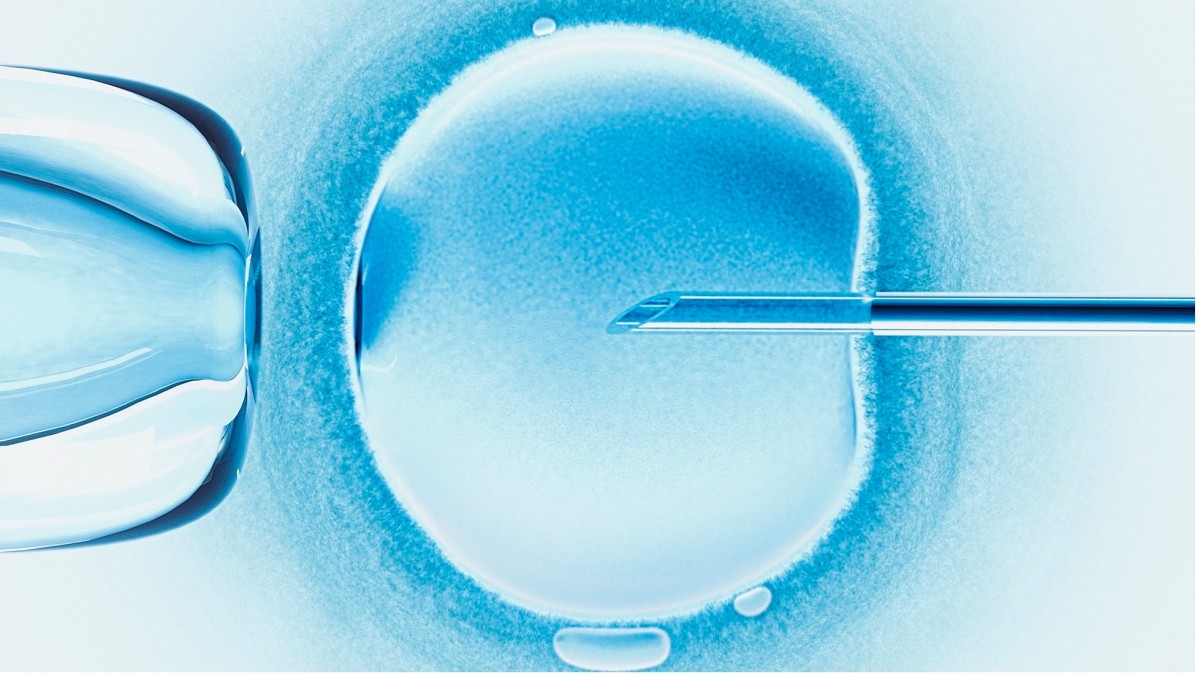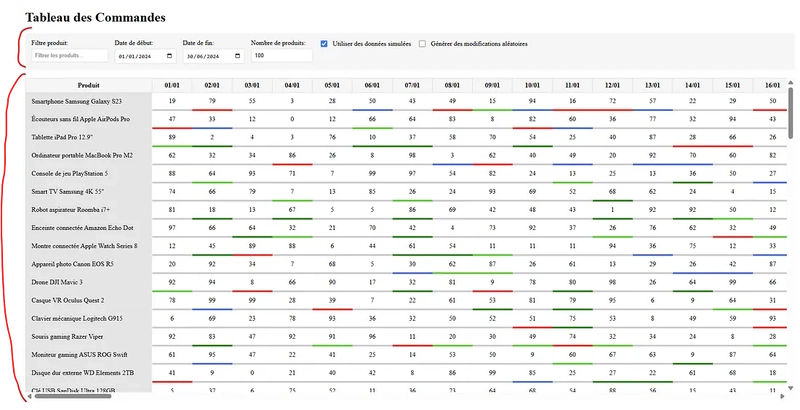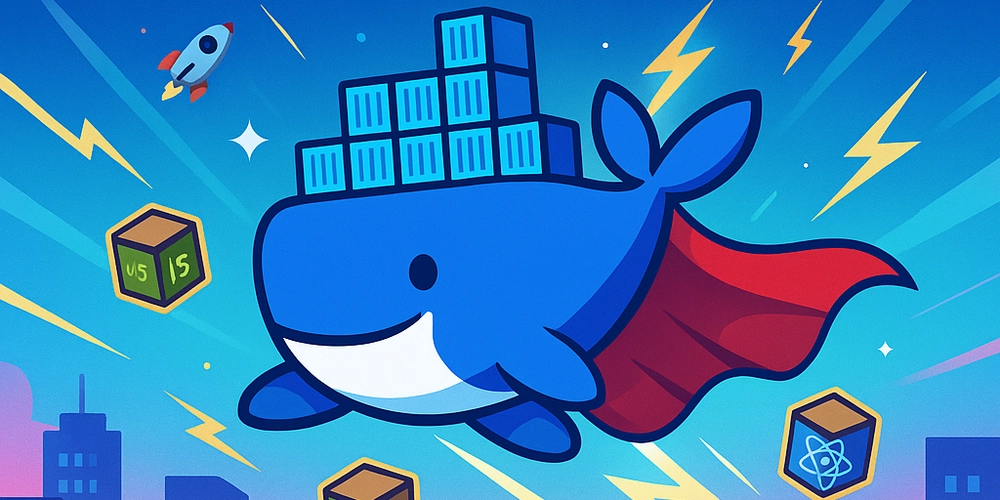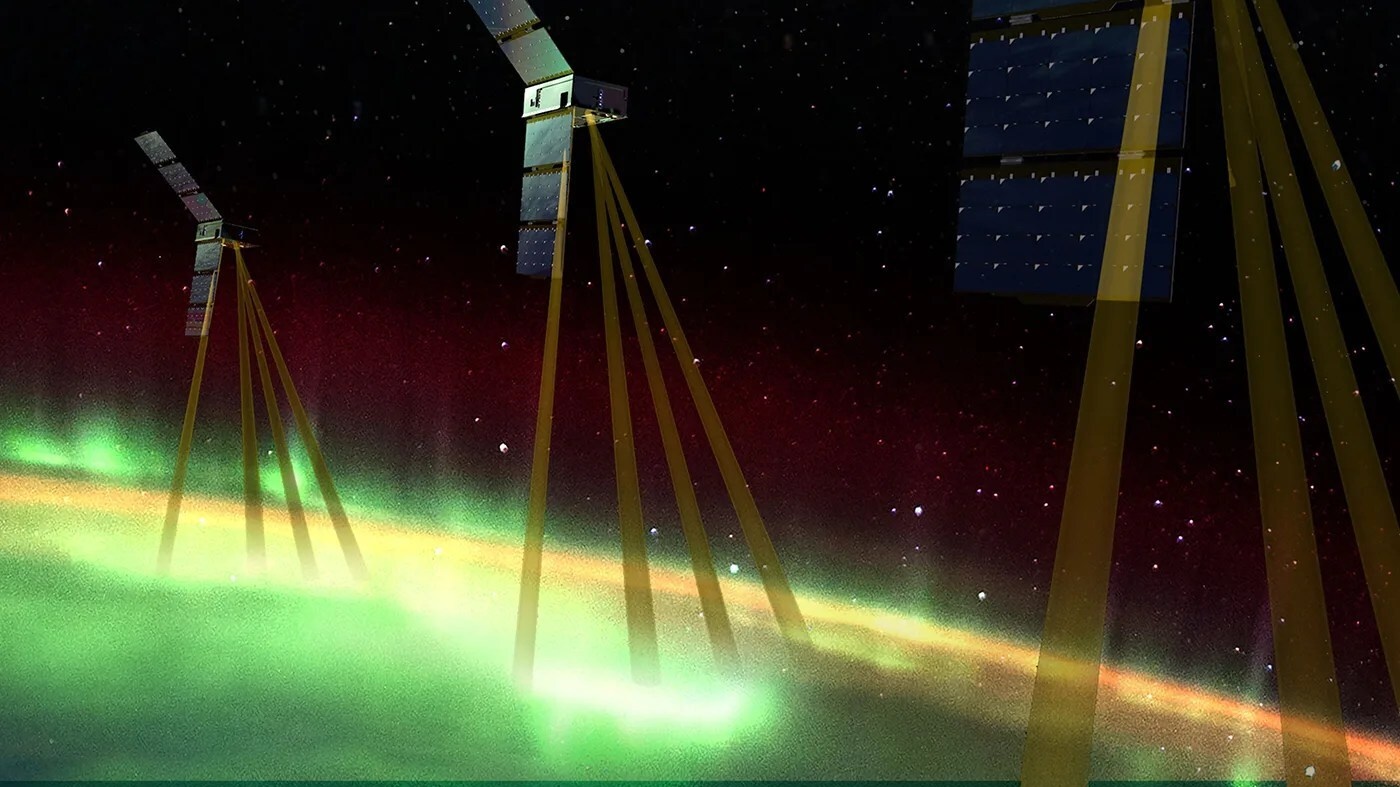World's First 'Automated IVF' Baby Born, What Does it Mean for Future of Fatherhood?
Scientist say this technology could benefit men struggling to conceive.

For the first time ever, a baby has been born through an IVF procedure carried out entirely by an automated system—with the machines performing the procedure remotely. While the machine operator was in Guadalajara, Mexico, a team of embryologists and engineers in Hudson, NY, monitored and triggered the initiation of each step 2,300 miles away—like a high-tech IVF mission control.
On April 10, 2025, Reproductive BioMedicine Online published a paper that outlines a new way to automate ICSI, the intricate process used in fertility treatments. But what does it mean for the future of fatherhood?
Related: Common Medical Scan Linked to Startling Number of Cancer Cases
What is ICSI and how does it differ from IVF?
There are two types of IVF. In conventional IVF, an egg cell is placed in a dish amidst thousands of sperm, leaving the best suited sperm to reach the egg in order to achieve embryo status. The second is intracytoplasmic sperm injection (ICSI), which involves injecting one sperm cell directly into an egg. For this reason, ICSI is particularly useful in cases of male infertility, in which the sperm may have trouble reaching the egg without intervention.
What is 'Automated IVF'?
Automated IVF is a technology that involves injecting one sperm cell directly into an egg under the digital control of a remote operator. Normally, ICSI is a complex procedure that involves selecting a sperm, immobilizing it, picking it up, and injecting it into the egg.
By automating the fertilization process, a complex and precise procedure becomes standardized, reducing the likelihood of human error and increasing the chances of successful embryo creation. This groundbreaking technology was developed by a team at Conceivable Life Sciences, a fertility biotech company headquartered in New York City.
Essentially the team created a machine to complete the 23 steps involved in ICSI, from selecting the optimal sperm, to injecting it into an egg, and choosing the most viable embryos.
“With AI, the system autonomously selects sperm and precisely immobilizes its midsection with a laser ready for injection - executing this rapid, precise process with a level of accuracy beyond human capability," said lead researcher Gerardo Mendizabal Ruiz, director of the Computational Perception Laboratory at the University of Guadalajara.
What does this technology mean for fertility?
According to Jacques Cohen, PhD, embryologist at Conceivable Life Sciences who led a team of specialists to help bring this automated system to life, this new system provides an opportunity to make the whole process smoother by improving accuracy, helping more eggs survive, and making the timing of the injection spot-on.
As of now, the process takes 9 minutes 56 seconds per egg—a bit longer than manual ICSI—but lead engineer Dr. Mendizabal-Ruiz believes that time will shrink as the technology improves.
Additionally, one of the main benefits of automating ICSI is protecting the fragility of cells by easing the pressure during injection. Too much force can damage the egg or prevent fertilization, so reducing that stress could make a big difference.
What lies ahead for ‘Automated IVF’?
Dr. Chavez-Badiola, the co-founder and Chief Medical Officer of Conceivable, says the goal is full automation, but humans will still play a key role. Embryologists will supervise the process to make sure it’s going smoothly, and engineers will keep the tech running properly. Ultimately, the hope is this innovation will cut costs, expand access, and help more families have kids.











































































